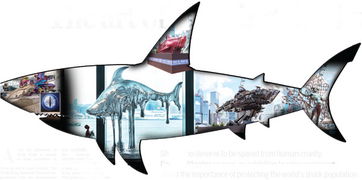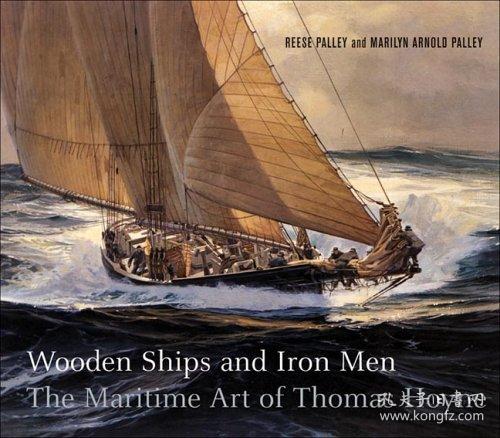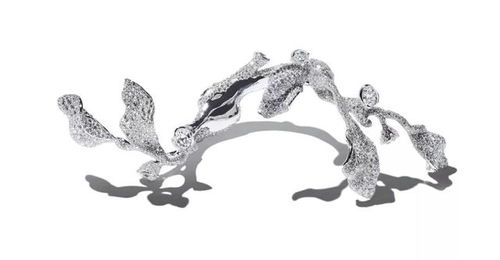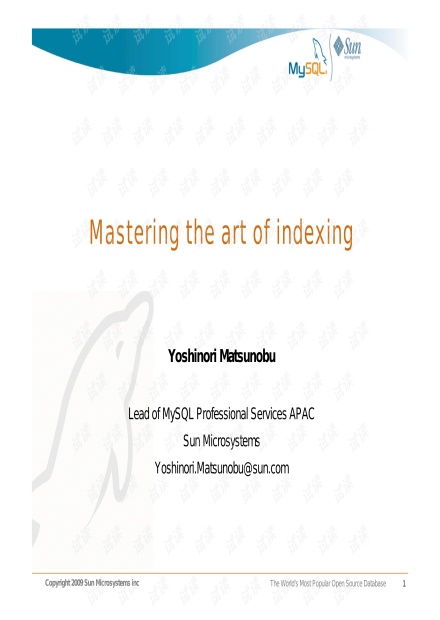Content:
Introduction: Fishing is an ancient pastime that has been enjoyed by people across the globe for centuries. Whether you're a seasoned angler or a beginner looking to get into the sport, learning the art of fishing can be both rewarding and relaxing. For those who are juggling a busy work schedule, finding time to learn fishing techniques can seem daunting. However, with a few tips and tricks, you can master the basics of fishing and enjoy a peaceful day on the water. In this article, we'll explore how to learn fishing techniques efficiently, even if you're a busy worker.
Start with the Basics: Before diving into the intricacies of fishing, it's important to understand the basics. Familiarize yourself with the different types of fishing rods, reels, lines, hooks, and lures. Each piece of equipment serves a specific purpose and knowing how to use them effectively will greatly enhance your fishing experience.
Take a Fishing Course or Workshop: If you're serious about learning fishing techniques, consider taking a course or workshop. Many local fishing clubs or outdoor stores offer beginner classes that cover everything from casting to knot tying. These courses are often taught by experienced anglers who can provide valuable insights and hands-on experience.
Read Books and Online Resources: There's a wealth of information available on fishing techniques. From books to online tutorials, you can learn about various fishing methods, baits, and equipment. Some popular resources include "The Complete Book of Fly Fishing" by Lefty Kreh and "The Art of Fly Fishing" by John Goddard. Additionally, websites like In-Fisherman and The Fisherman offer a plethora of articles and videos on fishing techniques.
Join a Fishing Club or Community: Connecting with other anglers can be incredibly beneficial. Joining a local fishing club or online community allows you to learn from others' experiences and gain valuable advice. You can also participate in group fishing trips, which provide an excellent opportunity to practice your skills in a supportive environment.
Practice Casting: One of the most crucial skills in fishing is casting. Practice casting in an open area to get a feel for the technique. Focus on maintaining a smooth, controlled motion and adjusting your casting angle to reach your desired target. As you become more comfortable with casting, you'll find it easier to present your bait or lure to fish effectively.
Learn to Tie Knots: Knot tying is an essential skill for any angler. It's important to know how to tie various knots, such as the Palomar Knot, the Clinch Knot, and the Uni Knot. These knots are used to attach the line to the lure, leader, or fly. Practice tying these knots until you can do them quickly and efficiently.
Study Fish Behavior: Understanding the behavior of the fish you're targeting is crucial for successful fishing. Study the habits, preferences, and feeding patterns of the species you're interested in. This knowledge will help you choose the right bait, lure, and technique to attract them.
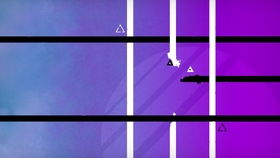
Experiment with Different Techniques: Fishing techniques vary depending on the species and environment. Experiment with different methods, such as still fishing, casting, or fly fishing, to see which works best for you. Don't be afraid to try new techniques and adapt your approach based on what you learn.
Be Patient and Persistent: Fishing is a sport that requires patience and persistence. Don't get discouraged if you don't catch fish right away. Keep practicing and learning, and you'll eventually improve your skills. Remember that fishing is a journey, and each experience brings new lessons.
Stay Safe: Always prioritize safety when fishing. Wear appropriate clothing, use sunscreen, and be aware of your surroundings. If you're fishing in a new area, research the local regulations and guidelines to ensure you're following the rules.
Conclusion: Learning fishing techniques can be a challenging but rewarding endeavor, especially for those with a busy work schedule. By starting with the basics, taking courses, reading resources, joining a community, and practicing consistently, you can become a skilled angler. Remember to be patient, persistent, and safe, and you'll enjoy countless hours of relaxation and success on the water. Happy fishing!

